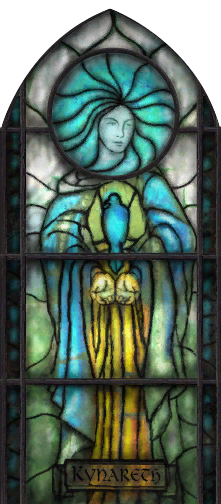
For a couple of years, I was the only Black resident on my floor in the dorm. That feeling of isolation only increased when I went to a college that had an overwhelmingly White student body. There were the high school basketball games I attended as a fan where the other school, usually White and wealthy, called us the "ghetto" school.Īnd there was the isolation of being at a high school comprised mostly of Black and Latinx students but being in college prep courses where most of my classmates were White. What did he think - we were going to steal a whole arcade game? I remember wondering why a cop would bother tailing me and my racially and ethnically diverse group of friends in an arcade. Central Time to watch a certain Black family - before all the disgusting allegations were revealed - and sharing an unspoken sense of pride at seeing an aspirational Black situation, even if it was made-for-TV.īut as a young Black male in America, I had to navigate all kinds of stereotypes and prejudices that no child should have to consider. I remember gathering as a family on Thursdays at 7 p.m. She would say, "Oh, look! There's some usses." By which she meant there were other Black people like "us." I remember my mom inadvertently teaching me to spot the other Black people in any given situation. That doesn't mean that I didn't learn anything from them about how the world operates along racial lines - quite the opposite. Even in the privacy of our own home, we didn't explicitly talk much about race. That's why my parents taught us how to get along in White schools and workplaces in a way that wouldn't draw too much negative attention.

Being too vociferous about racial injustices could jeopardize the scant progress they had made as individuals and as a people.


But breaking racial barriers while raising their children to thrive often meant that Black parents of their generation felt they had to downplay or sidestep aspects of racism.


 0 kommentar(er)
0 kommentar(er)
